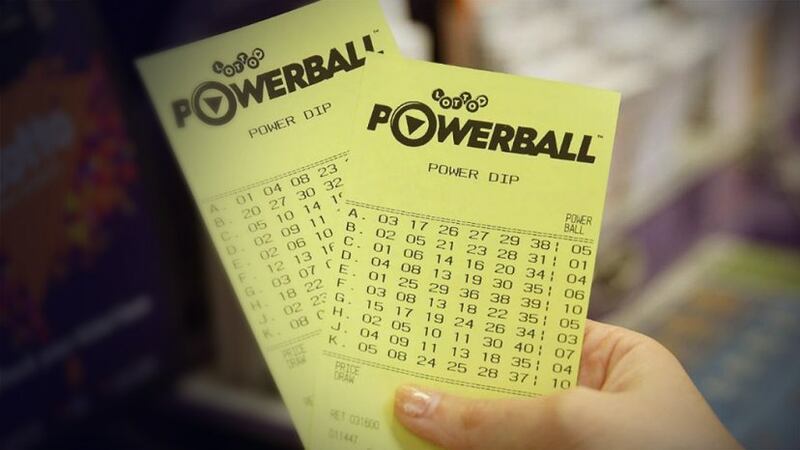A Department of Internal Affairs review has revealed the way Lotto's gambling profits are distributed is biased, with Māori and other minority groups missing out on grants while state institutions get the biggest lumps of dosh.
Māori dream big and spend big when it comes to Lotto tickets. But the figures show the poor are also losing out, with nearly 70 per cent of Lotto sales in poor communities. And gambling addiction also mainly affects Māori women.
But Internal Affairs Minister Jan Tinetti argues her department, on behalf of the Lottery Grants Board, is well underway on work to "evolve" the lottery grants system "to make it easier and fairer for communities, hapū and iwi to access grant funding".
She says she meets regularly with Lotto NZ. "One of the purposes of these meetings is for them to keep me updated on how they are addressing harm."
"As a Crown entity, Lotto NZ must seek my approval before introducing any new games or changing existing games. I seek advice, particularly from a harm minimisation perspective from officials at the Department of Internal Affairs and Ministry of Health before making any decision.
The minister says she has one point of concern "and I have asked for advice from my officials", on the buying age for lottery products".
No gambling grants, thanks
Meanwhile, Hāpai te Hauora, a kaupapa Māori public health agency whose work includes reducing gambling harm, says its policy is to refuse gambling grants.
“Our whānau need it most, our low-decile communities and I think as Hāpai te Hauora knowing where the money is coming from and our whānau could really use it and should just keep it in their pockets," Hāpai te Hauora general manager Tara Dymus says. "It just doesn't sit well with us, with our values and tikanga."
Hāpai te Hauora wants new methods to support Maori and develop their financial knowledge and has started a financial literacy programme.
The kaupapa, Ka hāo te Rangatahi, came at the request of the community. It will be an eight-part series and will run until the end of the year.
"We've got some amazing rangatahi who are coming through and speaking on financial literacy, so I think the main goal is to support our whānau to break these cycles of poverty," Dymus says.

